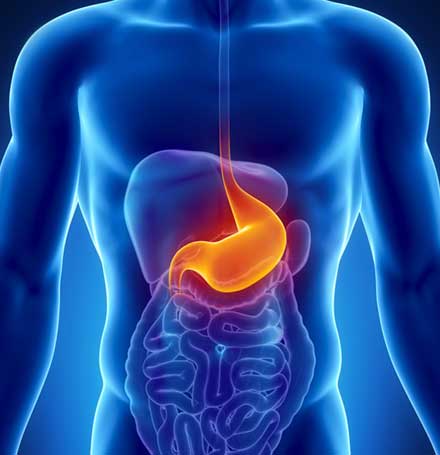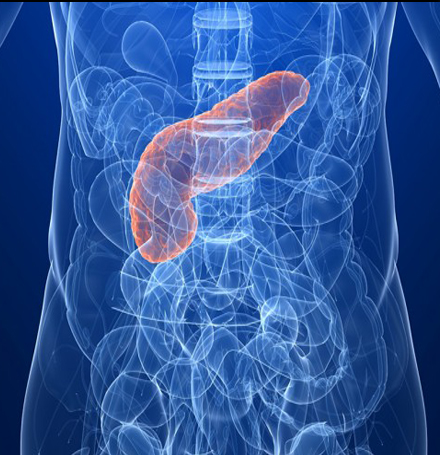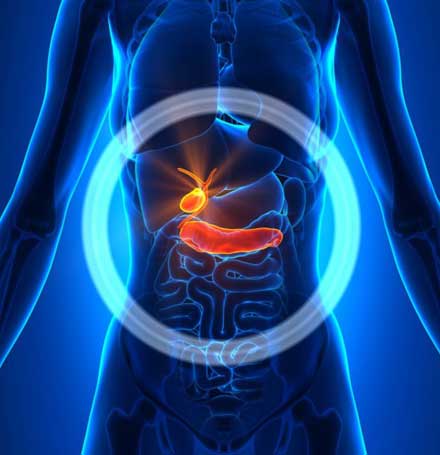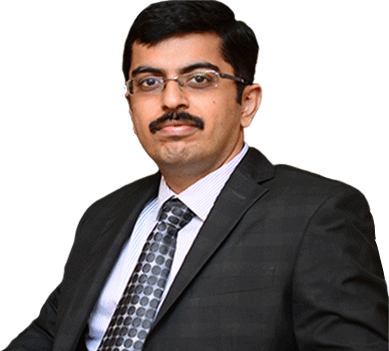The liver is a vital human organ which works around the clock and performs over 500 functions to aid a human body. It nurtures and protects the body from toxic materials, infections, and viruses while cleaning the blood and supplying the body the energy it requires to function efficiently. Since a human can’t live without a well-functioning liver, a transplant is needed if the liver has crashed or the doctors have declared the presence of End Stage Liver Disease
The common technique is orthotopic transplantation, in which the native liver is removed and replaced by the donor organ in the same anatomic position as the original liver. The surgical procedure is complex, requiring careful harvest of the donor organ and meticulous implantation into the recipient. Liver transplantation is highly regulated, and only performed at designated transplant medical centers by highly trained transplant physicians and supporting medical team. The duration of the surgery ranges from 8 to 18 hours depending on outcome.
- Living Donor Liver Transplantation
- Deceased Donor Liver Transplantation








